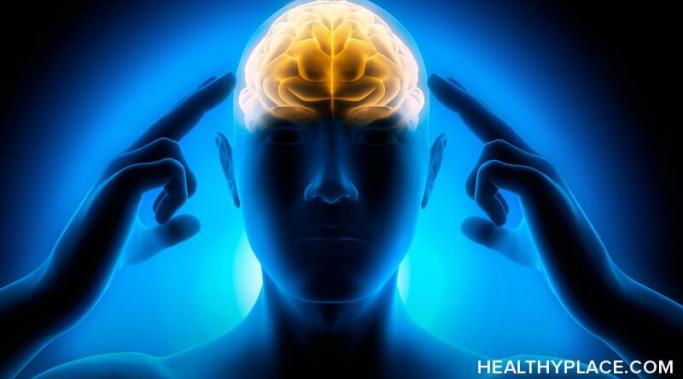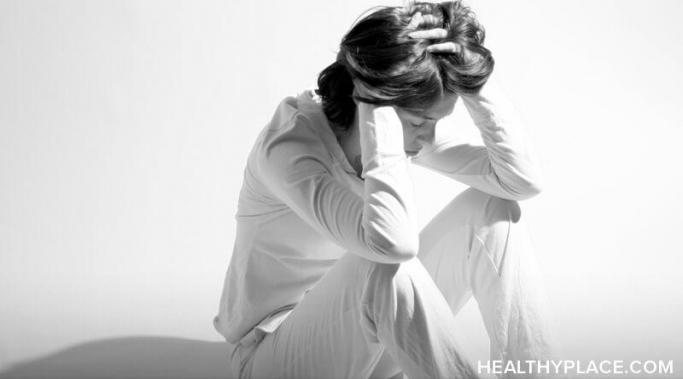We need to rethink yoga. It’s no secret that yoga can effectively reduce anxiety. Yet, the irony is that many people feel intimidated or anxious about trying yoga. Today I have a way you can use yoga to reduce anxiety that anyone can practice and it really speaks to the heart of yoga. And the cool thing is it will get you breathing deeply without having to focus on your breath as you rethink yoga.
Treating Anxiety
Did you know that you can use nature to treat anxiety? But what if you can't get to a beach or national forest? Don't worry, anxiety relief is closer than you think--it can be right in your backyard. Find out how the outdoors can soothe and how you can use nature to treat anxiety daily.
Anxiety is a constant companion that catastrophizes everything and makes even the smallest worries seem insurmountable. So what happens when a major event or trauma arises? How do we manage anxiety levels that – in the face of actual disaster – quickly could become crippling?
I use a tapping tool to calm my anxiety when being mindful of my breath doesn't work. Breathing techniques do often work, and as a yoga instructor, I know they can be powerful tools to calm the nervous system. Yet, through my anxiety journey, I also know there are times when breathing through anxiety just doesn’t work. When breath work doesn’t help, try this tapping tool to calm anxiety.
Irritability and anger can be related to anxiety. When we think of anxiety, most of us think of worry and fear. Occasionally, we may think of compulsions and obsessions, but few of us think of irritability and anger. These last two anxiety symptoms, however, are often just as distressing as the others. In fact, for some people, irritability and anger may be the most troubling symptoms of generalized anxiety disorder (GAD).
Without acceptance as part of our anxiety treatment, the number of ways to treat anxiety, including meditation, medication, repetitive activities, and cognitive behavioral therapy won't work well. We are all different and experience anxiety in different ways. This means each anxiety management method has its own pros and cons for each of us, yet no anxiety treatment can be completely effective without one key ingredient: Acceptance.
Our mind's response to anxiety affects our self-esteem, sense of control, and how we see the world around us. When we experience anxiety symptoms, our feelings and thoughts get so wound up in the body’s stress response that we may want to run. We want to shed this thing that won’t leave us alone. In my own struggle with anxiety, I’ve found a seemingly counterintuitive response to anxiety that helps me shift my experience and reduce anxiety.
Evidence shows that using cognitive behavioral therapy (CBT) to treat anxiety works. Cognitive behavioral therapy focuses on replacing maladaptive thoughts and behaviors with positive, healthy ones. Patients are taught to recognize, question, and refute negative behaviors and thought patterns, and then to replace them with more adaptive versions. By learning to do this, we engage in new ways of thinking and acting. Using CBT to treat anxiety helps us more effectively manage our anxiety symptoms.
I’m Melissa Renzi, and I’m excited to write for the Treating Anxiety blog at HealthyPlace. While I’m a licensed social worker and yoga teacher, my greatest credential is my personal story as a sensitive soul learning to transform the anxiety I’ve experienced since early childhood. It is easy to feel overwhelmed and alone as we cope with anxiety. I believe there is great strength and healing in sharing vulnerability and I truly look forward to connecting with you and hearing your story.
I’m Sarah Hackley, and I am thrilled to join the Treating Anxiety blog at HealthyPlace. Anxiety is a fickle illness. It shows up in many forms, frequently changes on us, and creates havoc in a myriad of ways, some of which are difficult for us to pinpoint–especially when our symptoms peak. Throughout my years of living with anxiety and studying, researching, and writing in the mental health field, I’ve learned how to identify the symptoms of anxiety and how to effectively manage them.









